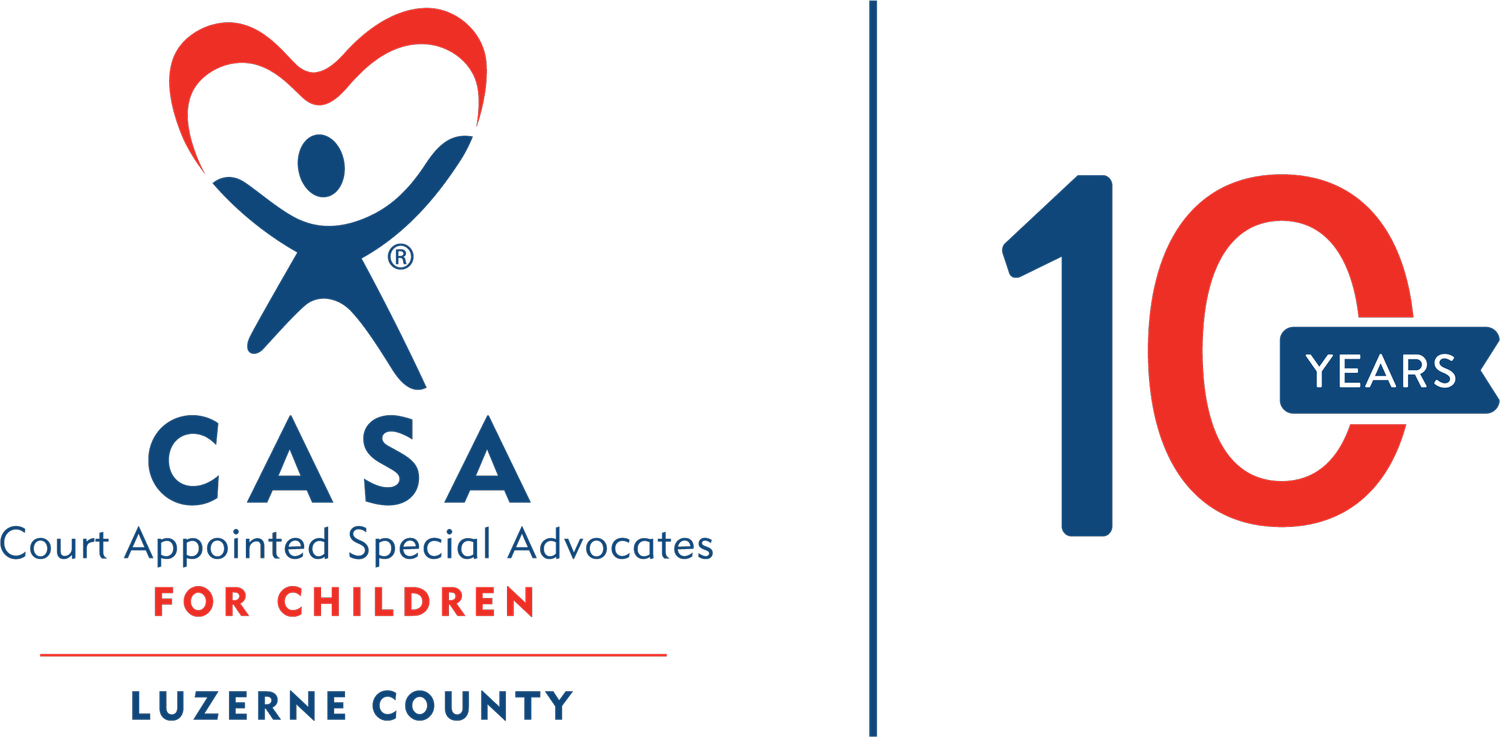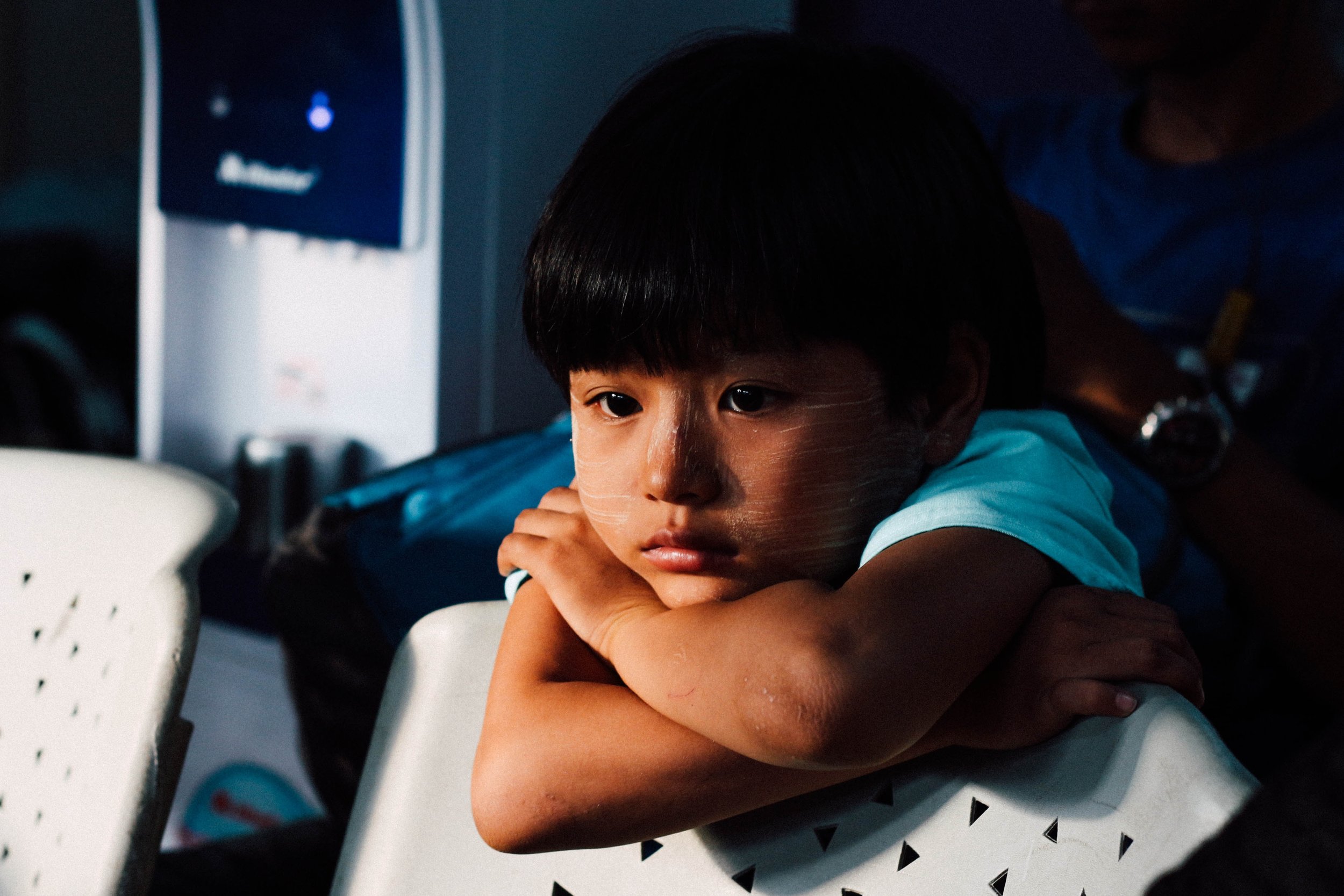The end of April is almost here and, with that, the end of Child Abuse Prevention Month. Just because the month's designation changes, doesn't mean that we don't have to be any less vigilant with our children or the children in our care.
Now that we know more about recognizing the signs of abuse and neglect, we need to work together to prevent it in the first place.
Here are some steps we can take:
- Listen: Talk to and listen to your child. Show your child that you are always available to listen to them and that you support them.
- Know who your child knows: Most abusers are someone well-known to the child or family. Statistics show that 90% of child sexual assault victims know their abuser.
- Avoid one adult/one child situations: Don't leave your child alone with adults you don't know or don't trust.
- Monitor your child’s internet and cell phone use: Offenders often use the internet and text messaging to lure children into contact. Teach your kids about internet safety.
- Offer help and ask for help: Assist your friends, neighbors, and family members with child care when able. Ask someone you can trust for help when you need it.
- Educate your child: Teach your child about their body and the difference between appropriate and inappropriate touching. Tell your children that inappropriate touching could happen with anyone. Also remember that not all abuse is physical. Children should be aware of what is appropriate behavior and what isn't. Let them know it’s OK for them to tell another safe adult if something happens. Make sure your child knows who the safe adults are in their lives.
- Teach your child to say “no”: A child should be able to set their own boundaries about whether or not they are comfortable around a particular adult. Give them permission to say “NO” if they do not want to hug, kiss, or be touched in any way by another adult.
If a child tells you about incidents of abuse and/or neglect, please make a report to ChildLine's 24-hour hotline by calling 800-932-0313.
We at CASA want to make sure that every child who finds themselves in the Luzerne County foster care system because of abuse and neglect is safe, secure, and given the opportunity to thrive. You can help make that happen for them by becoming a CASA volunteer. If volunteering isn’t right for you, you can recommend someone you know to become a volunteer or make a donation to our program.
* Info adapted from the Center for Child Protection




